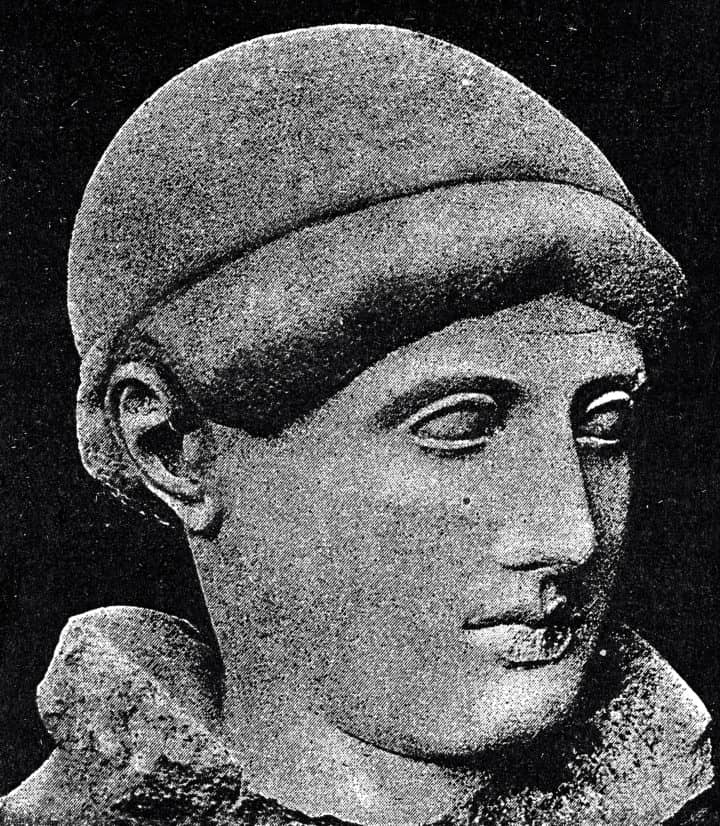 There are many figures in Greek mythology. There are the typical gods and goddesses that we know, such as Zeus, Hera, and Aphrodite. There are also heroes and demigods, such as Jason and Hercules. There were also monsters and other creatures, such as the Minotaur, and also some humans that were part of some of the stories.
There are many figures in Greek mythology. There are the typical gods and goddesses that we know, such as Zeus, Hera, and Aphrodite. There are also heroes and demigods, such as Jason and Hercules. There were also monsters and other creatures, such as the Minotaur, and also some humans that were part of some of the stories.
Besides that, there is also another concept that could appear in Greek mythology and these are called daemons. We also think of them as minor gods. These daemons explain an important concept that is part of the culture.
Daemons were a personification of an abstract idea. They weren’t gods and did display the same level of power as the gods. They were entities with strong personalities and characteristics. Horkos is one of these mythological figures and the stories associated with him touches on how much the Ancient Greeks valued the process of making, and keeping an oath. Here’s more information:
About Horkos
Taking an oath in the ancient Greek culture was a very serious commitment. Making an oath is equal to creating an iron-clad contract between each person and Horkos. If a person took an oath and then broke it, there were serious consequences. Horkos wasn’t the daemon of oaths, but rather of broken oaths. Since taking an oath was seen as divine action, breaking the oath was worse than lying. It meant severe punishment, meted out by Horkos.
Horkos’ Family
Horkos was born of Eris, the goddess of strife, discord, rivalry and contention. The identity of his father is unknown. Horkos is the brother of Limos, Ponos, Algae, the Hysminai, the Makhai, the Phonoi, the Androktasiai, the Neikea, the Psuedologoi,the Amphilogiai, Dysnomia, Ate, and Lethe.
Story of Horkos from Aesop’s Fables
There is a tale in Aesop’s fables which tells the story of a man and his friend. The man wants to borrow money but has no intention of paying it back. The man left the city but ran into Horkos who was on his way into town. The man mistook Horkos at first for a fellow traveler, but soon learned the daemon’s true identity. Horkos told the man that he was not planning on returning to the town for another thirty or forty years.
The man returned to the town and denied ever having received any money from his friend. Horkos returned that very day and dragged the man to a cliff. The man asked why Horkos had returned after less than a day after saying it would be decades before his return. Horkos informs the man that when provoked, he returns the same day to mete out punishment for breaking an oath. Then Horkos threw the errant man over the cliff.
This story shows how the Ancient Greeks valued the concept of making and keeping an oath. They believed if the oath were broken, this would cause a curse to fall upon them. This is also an important concept in the Ancient Greek justice system. Therefore, it is safe to say that Horkos is the daemon, or minor god of broken oaths. His tale is a cautionary one because it shows how there could be retribution if an oath was broken.
Source:

